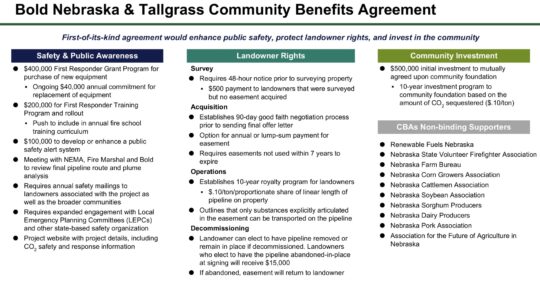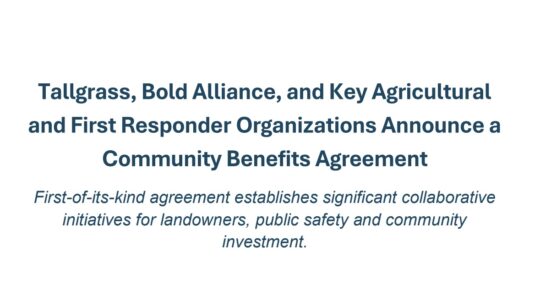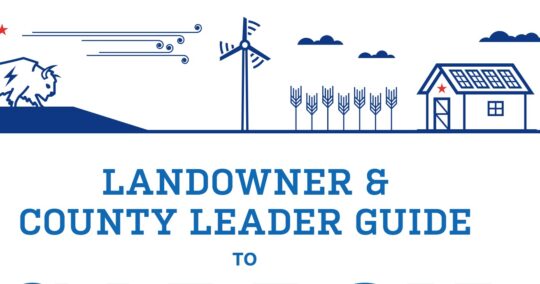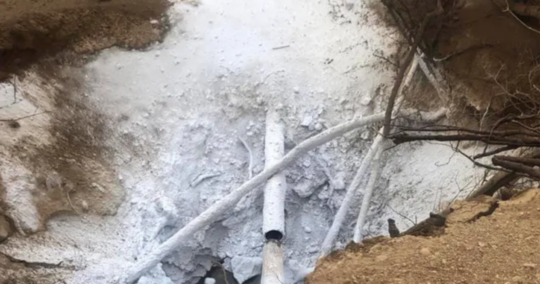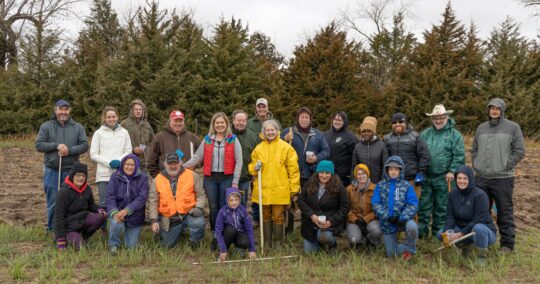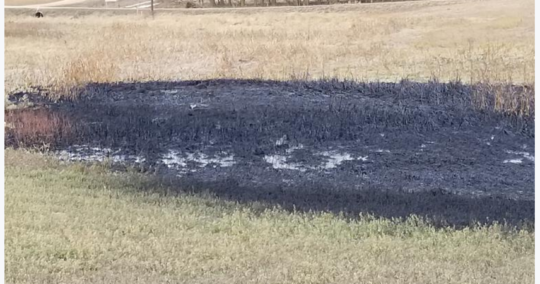Nebraska is number one in the country for production of commercial red meat and number two when it comes to commercial cattle slaughter. This and the following information was gathered from various agriculture resources and noted in a major meatpacking safety report by Nebraska Appleseed Center for Law in the Public Interest. The report was entitled The Speed Kills You: The Voice of Nebraska’s Meatpacking Workers and was the result of a survey of 455 meatpacking workers across the state of Nebraska. The report established that:
- Nebraska produces one of every five steaks and hamburgers in the country
- Meat is Nebraska’s largest export, generating $1.1 billion
- In 2007, Nebraska slaughtered 7.1 million cattle and 7.4 million hogs
Approximately 20,000 people in Nebraska perform the demanding task of slicing the meat into its customary cuts. Without their work, the industry and its profits would cease to exist. Ten years ago, in response to reports of dangerous conditions in Nebraska’s meatpacking plants, then-Governor Mike Johanns drafted the Nebraska Meatpacking Industry Workers Bill of Rights (MIWBR). Among the rights Johanns listed are:
- The right to a safe workplace
- The right to adequate facilities and the opportunity to use them
- The right to be free from discrimination
- The right to organize
However, a decade later, conditions at meatpacking plants in Nebraska are in dire need of improvement. Nebraska Appleseed’s report documents “an upsetting human picture of physical pain, verbal abuse, workers forced to urinate in their pants on the line, and the extreme toll taken by work conditions endured by thousands of workers.”
Among the specifics in the report: 73% of workers stated that the speed of the line had increased in the past year; 62% of workers described injuries in the past year; 76% disagreed or strongly disagreed that their supervisor applied the company’s safety policies all the time; 7% of workers said they had to pay to obtain an interview.
While the U.S. Department of Agriculture regulates line speed on the slaughter floor (though not the rest of the production line) for food safety, the Occupational Safety and Health Administration (OSHA) does not regulate work speed for worker safety. While each state is allowed to establish an OSHA agency at the state level if they wish, Nebraska relies on federal OSHA for enforcement. Nebraska does have one part-time MIWBR coordinator whose job it is to “answer questions and provide support for all 20,000 meatpacking workers in the state — as well as conduct inspections.”
The importance of agriculture and the beef industry is primary in Nebraska. With this in mind, as well as the safety of the food supply and the well-being of the workers, Nebraska Appleseed recommends several ways that the industry, the workers, and the public could all be better protected. Their suggestions include:
- Expanding the part-time MIWBR coordinator position into three full-time positions, including two inspector positions
- Requiring employers to provide personal copies of the MIWBR to workers with their first paycheck and periodically thereafter; workers should also be provided with practical information about how they can assert these rights
- Updating legislation; it is not currently against the law for employers to discourage the reporting of work-related injury, illness or fatality — therefore Congress should amend the OSH Act to specifically prohibit employer actions that would discourage such critical and potentially life-saving reporting
It is noted in Nebraska Appleseed’s report “that one of the best ways to ensure that bad-apple employers aren’t intentionally seeking undocumented workers as a means to skirt other wage and safety laws is to increase enforcement of wage and safety laws.” For example, “in the event the employer ‘discovers’ that the worker is undocumented after a work-related accident and thus cannot receive the full scope of benefits,” requiring a stiff fee to be paid “would encourage employers not to hire undocumented workers as an escape hatch for the cost of work-related injuries.”
As part of Nebraska Appleseed’s effort for policy change to improve health and safety conditions for meat and poultry workers, staff attorney Norman Pflanz testified before top OSHA officials at an “OSHA Listens” event in Washington D.C. this spring. Pflanz shared the comments of Nebraska meatpacking workers and presented a number of recommendations, including creating a standard for work speed, formulating an ergonomics program standard to minimize repetitive motion injuries, increasing inspections of food-processing plants, stepping up enforcement of regulations for the reasonable use of bathrooms and for clean work floors to minimize serious back injuries that occur from falls.
For those of us interested in being part of the solution, Pflanz points out there are things we can do:
- Contact state and federal officials to express concern and to say we would like to make sure Nebraska jobs are safe, and ensure worker and food safety.
- Contact Nebraska Appleseed at 402-438-8853, if we would like information to share with our churches, book clubs, community groups, etc.
- Ask more questions about the conditions under which our food is produced — ask those from whom we purchase meat to let them know there is concern and to create demand for food produced under safe conditions.
Nebraska is already number one in production of commercial red meat — now let’s be number one in safety for all the workers who make it possible.

